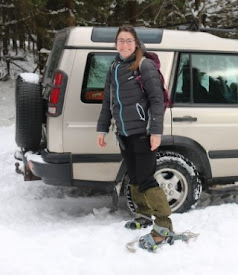Isn’t it amazing when you see nature in action? It's almost as if you were watching a wildlife documentary when seeing this playful marten, captured on one of our camera traps, jumping around looking for rodents.
This isn't the only way rodent populations are controlled though. The use of rodenticides in farms and fields is still the most common way to control rodent populations across the United Kingdom. But, we need to find alternative methods to stop introducing poisons to our fields, food and biodiversity. Maybe we can find inspiration from the natural world and let nature do her job.
But why should we change our ways?
One problem with using poison to manage rodent populations is that non-target bird species such as barn owls and buzzards or predatory mammal species such as polecats can be unintentionally killed. This can be by either directly ingesting the poisons or eating already poisoned animals.
Exposure to these toxic compounds can also affect endangered species like kestrels, tawny owls and hen and marsh harriers.
Finally, this is not limited to wildlife, but also our own pets such as cats and dogs are also in danger of ingesting these poisons or poisoned animals!
A safer management solution could be to attract natural predators. This way we can reduce the amount of poison killing non target species and which could also end up into our food and water.
If we use nature to our advantage, we can achieve a win-win-win situation, where biodiversity increases, rodent populations are under control and agricultural fields are free of poisons.
What can you do?
· Contact your local representatives
· If you find poison in a field or dead animals with no obvious wound or injury, please get in contact with your local wildlife trust, the RSPB or report your findings directly to the Wildlife Incident Investigation Scheme (WIIS).
Will you help let nature do her job?
Hannah Findlay
Hannah is currently studying for her MSc in Ecology and Conservation in the UK after many years working in wildlife research and conservation in the Czech Republic. Passionate in protecting endangered species, she is looking to develop new management methods to ensure we look after our most vulnerable species. She can be found here.











